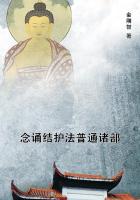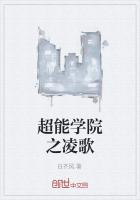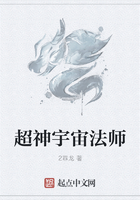Before I left Venice, however, there came a turn in my literary luck, and from the hand I could most have wished to reverse the adverse wheel of fortune. I had labored out with great pains a paper on recent Italian comedy, which I sent to Lowell, then with his friend Professor Norton jointly editor of the North American Review; and he took it and wrote me one of his loveliest letters about it, consoling me in an instant for all the defeat I had undergone, and ****** it sweet and worthy to have lived through that misery. It is one of the hard conditions of this state that while we can mostly make out to let people taste the last drop of bitterness and ill-will that is in us, our love and gratitude are only semi-articulate at the best, and usually altogether tongue-tied. As often as I tried afterwards to tell Lowell of the benediction, the salvation, his letter was to me, I failed. But perhaps he would not have understood, if I had spoken out all that was in me with the fulness Icould have given a resentment. His message came after years of thwarted endeavor, and reinstated me in the belief that I could still do something in literature. To be sure, the letters in the Advertiser had begun to make their impression; among the first great pleasures they brought me was a recognition from my diplomatic chief at Vienna; but I valued my admission to the North American peculiarly because it was Lowell let me in, and because I felt that in his charge it must be the place of highest honor. He spoke of the pay for my article, in his letter, and asked me where he should send it, and I answered, to my father-in-law, who put it in his savings-bank, where he lived, in Brattleboro, Vermont. There it remained, and I forgot all about it, so that when his affairs were settled some years later and I was notified that there was a sum to my credit in the bank, I said, with the confidence I have nearly always felt when wrong, that I had no money there. The proof of my error was sent me in a check, and then I bethought me of the pay for "Recent Italian Comedy."It was not a day when I could really afford to forget money due me, but then it was not a great deal of money. The Review was as poor as it was proud, and I had two dollars a printed page for my paper. But this was more than I got from the Advertiser, which gave me five dollars a column for my letters, printed in a type so fine that the money, when translated from greenbacks into gold at a discount of $2.80, must have been about a dollar a thousand words. However, I was richly content with that, and would gladly have let them have the letters for nothing.
Before I left Venice I had made my sketches into a book, which I sent on to Messrs. Trubner & Co., in London. They had consented to look at it to oblige my friend Conway, who during his sojourn with us in Venice, before his settlement in London, had been forced to listen to some of it. They answered me in due time that they would publish an edition of a thousand, at half profits, if I could get some American house to take five hundred copies. When I stopped in London I had so little hope of being able to do this that I asked the Trubners if I might, without losing their offer, try to get some other London house to publish my book. They said Yes, almost joyously; and I began to take my manuscript about. At most places they would not look at me or it, and they nowhere consented to read it.
The house promptest in refusing to consider it afterwards pirated one of my novels, and with some expressions of good intention in that direction, never paid me anything for it; though I believe the English still think that this sort of behavior was peculiar to the American publisher in the old buccaneering times. I was glad to go back to the Trubners with my book, and on my way across the Atlantic I met a publisher who finally agreed to take those five hundred copies. This was Mr. M. M. Hurd, of Hurd & Houghton, a house then newly established in New York and Cambridge. We played ring-toss and shuffleboard together, and became of a friendship which lasts to this day. But it was not till some months later, when I saw him in New York, that he consented to publish my book.

